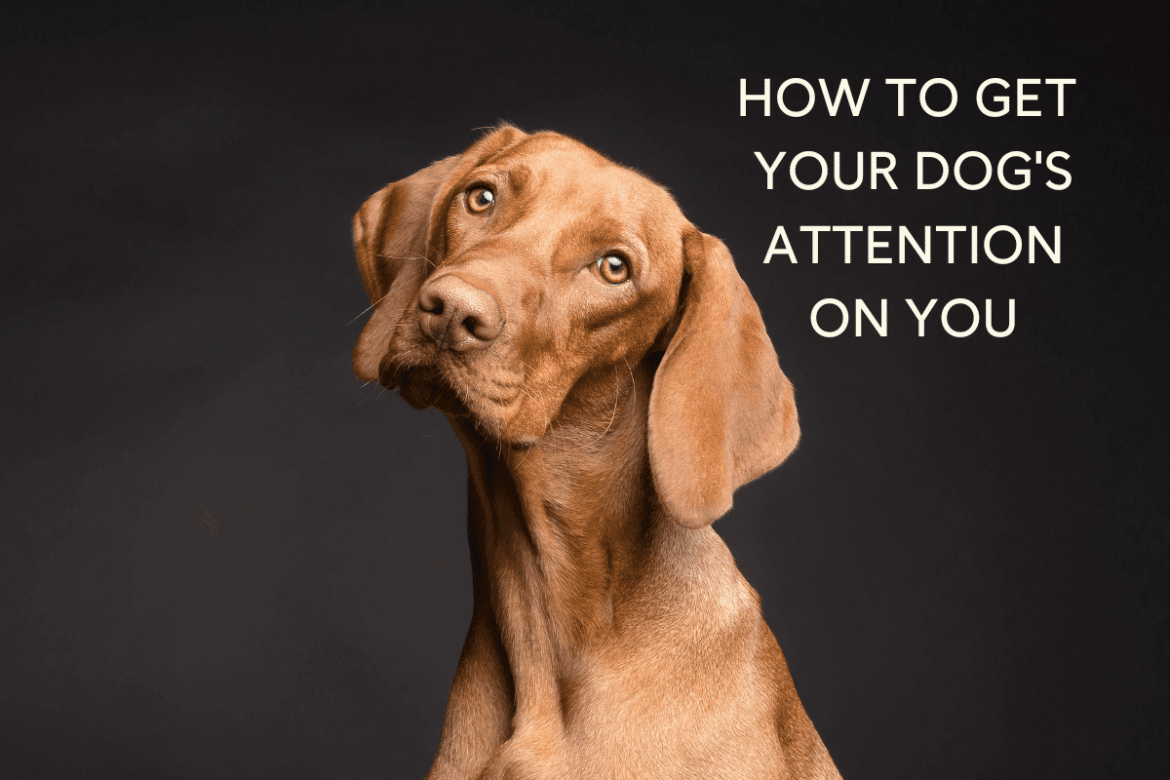If you've recently welcomed a new puppy into your home, you may be wondering how to strike the perfect balance when it comes to giving them attention. After all, puppies crave interaction and socialization, but it's important not to overwhelm them. In this article, we'll explore some tips and guidelines to help you give your furry friend the right amount of attention they need to thrive. From understanding how much attention puppies typically require to finding ways to engage and entertain them, we'll cover all the essentials to ensure a happy and well-adjusted pup.
Understanding the Needs of Puppies
Puppies are adorable bundles of energy and affection, but they also require a significant amount of attention to thrive. Understanding why they need this attention is crucial in providing them with the care they need. Puppies are in their early stages of development, both physically and mentally. They are curious and eager to learn about the world around them. By giving them the proper attention, you are helping them grow and develop into well-rounded adult dogs.
Why puppies require attention
Puppies require attention for several reasons. Firstly, they are dependent on their human caregivers for their basic needs, such as food, water, and shelter. It is essential to provide them with these necessities consistently. Additionally, puppies need attention to stimulate their minds and keep them engaged. This can be achieved through interactive play, training sessions, and socialization opportunities. By giving them attention, you are ensuring that their mental and emotional needs are met.
How much attention do puppies need
The amount of attention that puppies need varies depending on their age, breed, and individual personality. Generally, puppies require several hours of interaction and engagement each day. This includes playtime, training sessions, socialization with humans and other animals, and one-on-one bonding experiences. Puppies are energetic and curious, so keeping them occupied and mentally stimulated is crucial. As they grow, their attention needs will change, and it is important to adjust your interaction accordingly.
How attention impacts puppies' development
Attention plays a vital role in the development of puppies. Regular and positive human interaction helps in building their trust and confidence. It also aids in their socialization process, teaching them how to interact appropriately with humans and other animals. Attention helps puppies learn basic commands, manners, and rules of behavior. Additionally, puppies that receive adequate attention are less likely to exhibit behavioral issues such as aggression, anxiety, or excessive attention-seeking. By providing the right amount of attention, you are setting a strong foundation for their future growth and well-being.
Creating a Balanced Routine
Establishing a predictable schedule for your puppy is essential for their overall well-being. Puppies thrive on routine and knowing what to expect each day. This includes consistent meal times, potty breaks, play sessions, and rest periods. By creating a balanced routine, you are providing your puppy with a sense of structure and security.
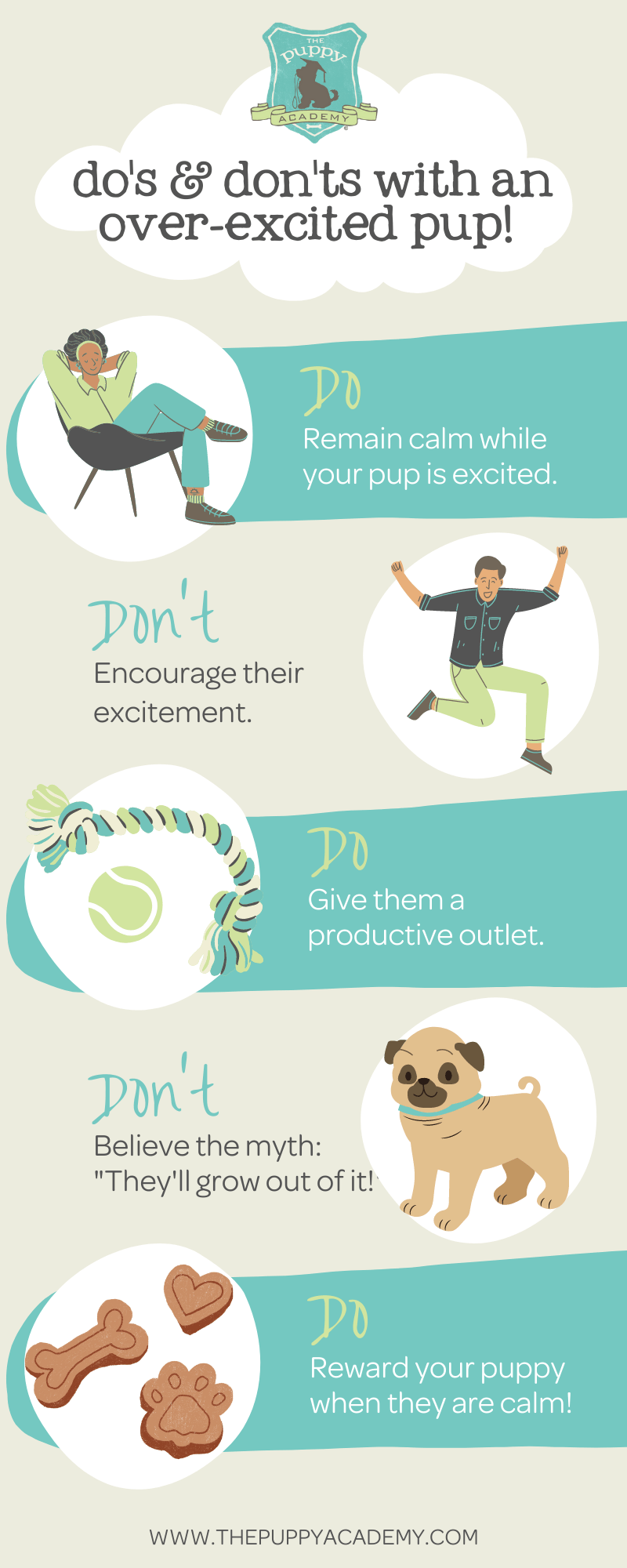
This image is property of images.squarespace-cdn.com.
Allocating quality time for interaction
In addition to a routine, it is important to allocate specific quality time for one-on-one interaction with your puppy. This can include engaging in play sessions, teaching basic commands, or simply spending time cuddling and bonding. Quality time ensures that your puppy feels loved and connected to you, strengthening the human-animal bond.
Providing regular exercise and play sessions
Exercise and play sessions are vital for a puppy's physical and mental development. Puppies have lots of energy to burn, and engaging in activities like fetch, tug-of-war, or puzzle toys can help fulfill their exercise needs. Regular physical activity helps prevent obesity, promotes healthy muscle and bone development, and aids in proper digestion. Play sessions also provide mental stimulation, preventing boredom and destructive behaviors.
Socialization and Bonding
Socialization is a crucial aspect of a puppy's development. Proper socialization helps them become confident and well-adjusted adult dogs. Exposing your puppy to different environments, people, and animals from an early age is essential. This can be done through puppy socialization classes, visits to parks, and controlled introductions to other well-behaved dogs. Encouraging positive interactions with humans and other animals helps build their social skills and teaches them appropriate behavior.
Importance of socializing puppies
Socialization plays a vital role in shaping a puppy's behavior and temperament. By gradually introducing them to different environments, sounds, and experiences, you are helping them become well-rounded and adaptable dogs. Proper socialization reduces the likelihood of fear-based aggression or anxiety in adulthood. It also makes them more confident and comfortable in various social situations.
Exposing puppies to different environments
To aid in socialization, it is important to expose puppies to various environments. This includes walks in different neighborhoods, visits to pet-friendly stores, and outings to parks or outdoor events. Exposure to different sights, sounds, and smells helps desensitize puppies and prepares them for the diversity they will encounter throughout their lives.

This image is property of www.wikihow.com.
Encouraging positive interactions with humans and other animals
To ensure puppies develop positive relationships with humans and other animals, it is crucial to encourage and reinforce positive interactions. This can be done by rewarding them with attention and praise when they display friendly behavior. Give them opportunities to interact with different people, including children, so they can learn to be comfortable and gentle in their approach. Additionally, supervised playdates with other well-mannered dogs can teach puppies appropriate social skills and help them learn how to read and respond to other animals' body language.
Positive Reinforcement Training
Positive reinforcement training is a highly effective and humane method of teaching puppies desired behaviors. Attention serves as a powerful reward during training. By rewarding puppies with attention, praise, treats, or playtime when they exhibit the desired behavior, you are reinforcing positive associations and encouraging them to repeat those actions.
Using attention as a reward during training
During training sessions, use attention as a reward to reinforce good behavior. When your puppy follows a command correctly, respond with enthusiastic praise, gentle petting, or a small treat. This positive attention creates motivation and strengthens the bond between you and your puppy.
Applying consistent commands and cues
Consistency is key when training puppies. Use clear and concise commands or cues for each desired behavior. Reinforce these commands with attention and rewards when your puppy responds appropriately. Consistent training helps puppies understand expectations and establishes boundaries, resulting in a well-behaved and obedient dog.
Avoiding excessive attention-seeking behaviors
While attention is essential for a puppy's well-being, it is important to avoid encouraging excessive attention-seeking behaviors. If your puppy becomes demanding or engages in undesirable behaviors to gain attention, it is essential to redirect their behavior by ignoring the negative actions and rewarding the positive ones. This helps set boundaries and reinforces that attention will be given when appropriate behavior is displayed.
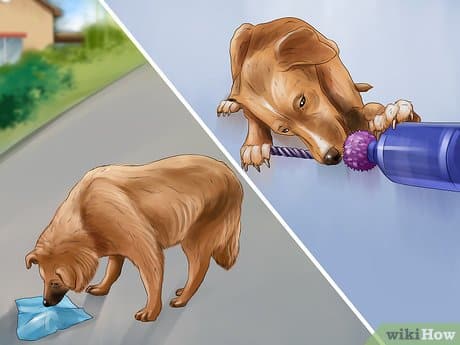
This image is property of www.wikihow.com.
Avoid Overstimulation and Isolation
Finding the right balance between stimulation and rest is crucial for a puppy's overall well-being. Overstimulation can lead to increased anxiety, stress, and even health issues. On the other hand, isolation and boredom can lead to destructive behavior and mental decline.
Recognizing signs of overstimulation
It is important to recognize signs of overstimulation in puppies. These signs may include excessive panting, restlessness, repetitive behaviors, or avoidance of interaction. If you observe these signs, it is vital to provide your puppy with a calm and quiet environment to relax and unwind.
Implementing appropriate quiet time and rest
To prevent overstimulation, puppies need adequate quiet time and rest. Create a designated area for them, such as a crate or a cozy corner with a comfortable bed. Encourage them to relax by providing quiet toys or puzzle feeders that offer mental stimulation without overwhelming them. Providing a consistent routine for rest allows puppies to recharge and maintain their overall well-being.
Preventing excessive loneliness or boredom
Loneliness and boredom can have detrimental effects on a puppy's mental health. Puppies are social animals and need companionship. If you need to leave your puppy alone for extended periods, consider providing them with interactive toys or puzzles that can occupy their time and engage their minds. Additionally, consider enlisting the help of a trusted pet sitter or doggy daycare to provide your puppy with social interaction and companionship while you are away.
Utilizing Interactive Toys and Puzzles
Interactive toys and puzzles play a significant role in keeping puppies mentally stimulated. These toys provide mental challenges, encourage problem-solving, and prevent boredom. Incorporating interactive toys into your puppy's routine can keep them entertained and mentally engaged.
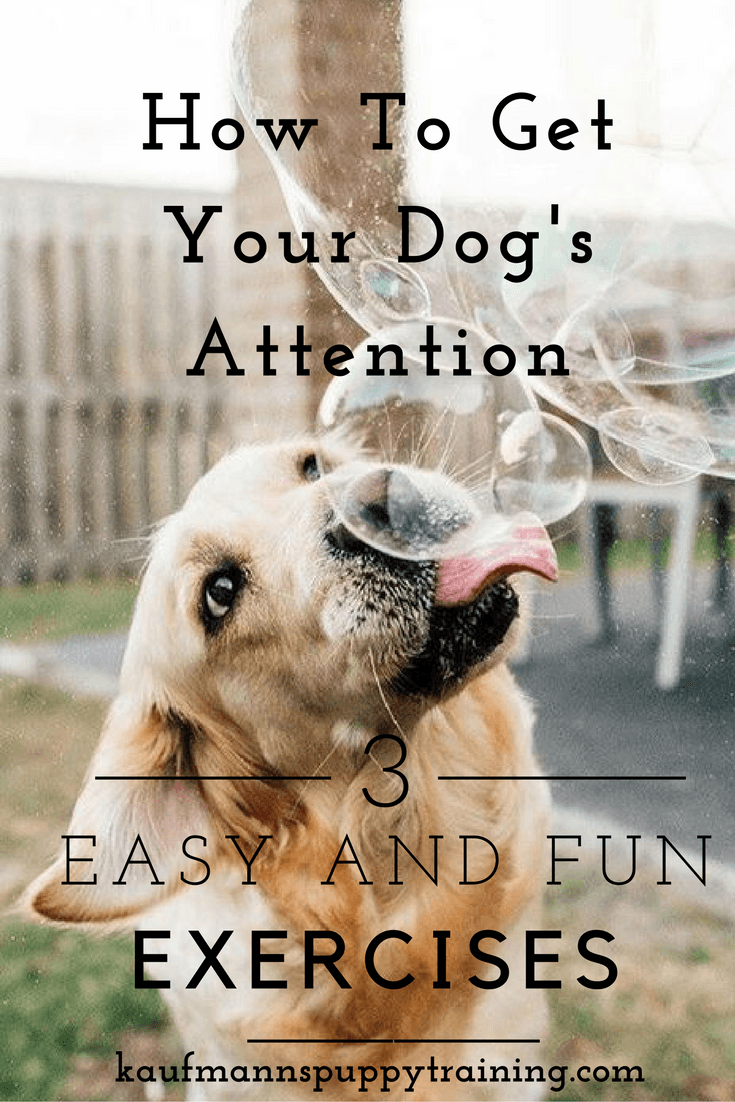
This image is property of www.kaufmannspuppytraining.com.
Benefits of interactive toys for mental stimulation
Interactive toys offer several benefits for a puppy's mental stimulation. They provide entertainment, mental challenges, and encourage problem-solving skills. These toys stimulate a puppy's natural instincts and keep them engaged in healthy play behaviors. Mental stimulation through interactive toys helps prevent destructive behaviors that may arise from boredom.
Choosing toys suitable for puppies
When selecting interactive toys for your puppy, choose toys that are suitable for their age, size, and chewing habits. Look for toys that are durable, safe, and can hold treats or kibble to make playtime more exciting. Avoid toys with small or easily chewable parts that could be ingested and lead to health issues. Regularly inspect the toys for any damage and replace them as needed to ensure your puppy's safety.
Rotating toys to maintain novelty
To keep your puppy interested, rotate their toys regularly. Introducing new toys and removing others temporarily can help maintain novelty. This prevents your puppy from becoming bored with their toys and ensures they stay engaged during playtime. By regularly rotating their toys, you can keep your puppy mentally stimulated and excited about playtime.
Involving the Family and Other Pets
Involving the entire family and other pets in the care and attention of a puppy is beneficial for their development. Sharing responsibilities and creating positive relationships fosters a harmonious household.
Sharing responsibilities within the household
Raising a puppy is a family affair. Assigning specific responsibilities to each family member teaches accountability and ensures that the puppy's needs are met consistently. Tasks can include feeding, grooming, training, or taking turns for playtime and bonding. Involving everyone encourages a sense of teamwork and creates a loving and supportive environment for the puppy.
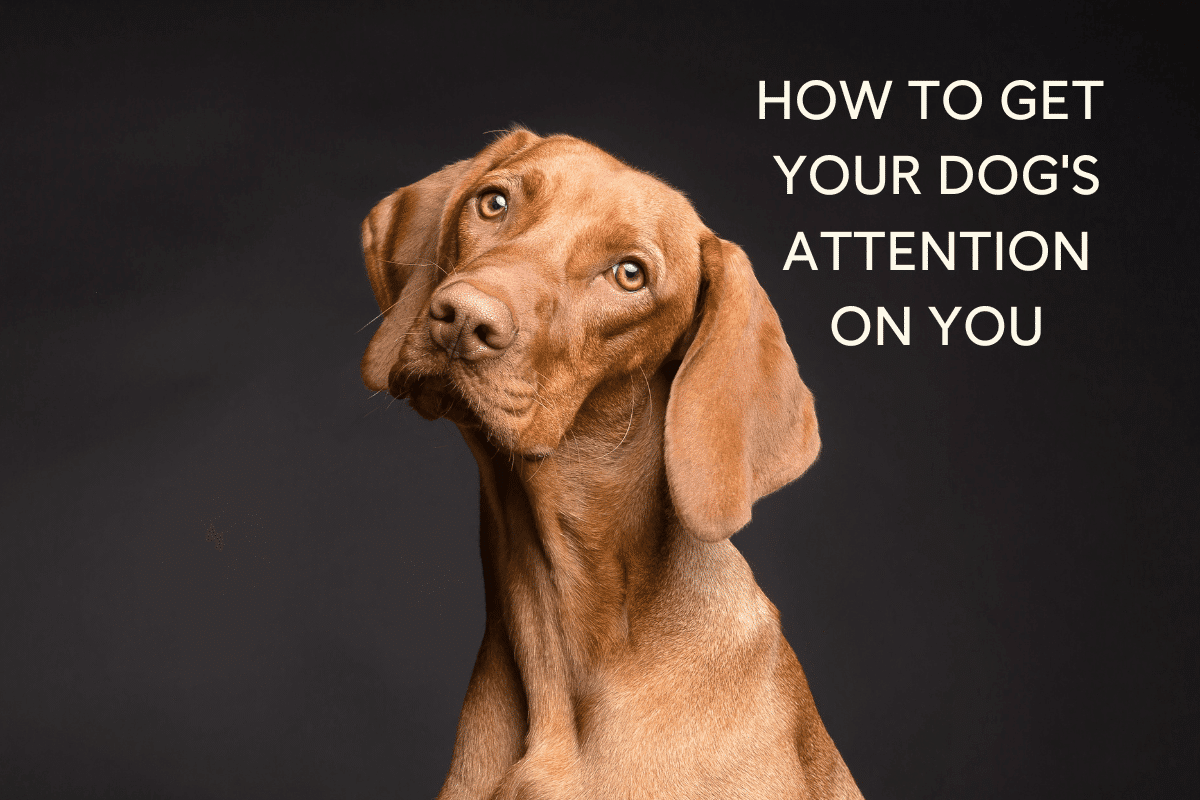
This image is property of pupford.b-cdn.net.
Teaching children to interact safely with puppies
If there are children in the household, it is vital to teach them how to interact safely and respectfully with puppies. Children should be taught to approach puppies calmly, without sudden movements or loud noises. They should also learn to recognize and avoid behaviors that may make the puppy uncomfortable or scared. Supervision is crucial during interactions between children and puppies to ensure both parties are safe and comfortable.
Fostering positive relationships with other pets
For households with existing pets, it is important to introduce the puppy gradually and facilitate positive interactions. Each pet should have their space and belongings to prevent territorial disputes. Monitor interactions closely and reward calm and friendly behavior. By fostering positive relationships between the puppy and other pets, you are creating a harmonious environment where all animals feel secure and accepted.
Seeking Professional Help if Needed
While providing attention and care is essential, sometimes puppies may exhibit behavioral issues that require professional assistance. Identifying signs of such issues and seeking help promptly is crucial for a puppy's well-being.
Identifying signs of behavioral issues
Behaviors such as excessive aggression, fearfulness, separation anxiety, or attention-seeking can indicate underlying behavioral issues in puppies. If you notice such signs, it is important to consult a professional, such as a veterinarian or a certified dog trainer, who can assess the situation and provide guidance on how to address these issues effectively.
Consulting a veterinarian or professional trainer
Veterinarians and professional trainers have the expertise to diagnose and address behavioral issues in puppies. They can provide valuable insights into your puppy's specific needs and offer guidance on effective training techniques and behavior modification. Consulting a professional early on can prevent issues from worsening and ensure that your puppy receives the appropriate care and attention.
Addressing excessive attention-seeking or aggression
If your puppy exhibits excessive attention-seeking or aggression, it is essential to address these behaviors promptly. Seeking professional help can provide you with the necessary tools and techniques to modify these behaviors effectively. By addressing the root causes of these issues, you can help your puppy develop into a well-adjusted and balanced adult dog.
Maintaining a Loving and Calm Environment
Creating a loving and calm environment is essential for a puppy's overall well-being. Puppies thrive in environments where they feel safe, secure, and loved.
Providing a safe and comfortable living space
Ensure that your puppy has a safe and comfortable living space to retreat to when needed. This can be a crate, a designated area with a comfortable bed, or a cozy corner in a quiet room. Providing a space that is their own helps puppies feel secure and gives them a sense of ownership and familiarity.
Avoiding excessive noise or chaos
Puppies are highly sensitive to noise and chaos. Loud noises or a chaotic environment can cause stress and anxiety in puppies. Try to create a calm and peaceful environment for your puppy, especially during rest times. Minimize loud noises, such as vacuuming or loud music, and provide a quiet space where your puppy can relax undisturbed.
Promoting relaxation and stress reduction
Promoting relaxation and stress reduction is important for a puppy's well-being. Provide cozy blankets or beds, soothing music, or calming herbal remedies to help your puppy unwind. Offering gentle massages or engaging in calming activities such as gentle walks or calming scent therapy can also help alleviate stress and promote relaxation.
Adjusting Attention Levels as Puppies Grow
As your puppy grows, their attention needs will change. It is important to recognize and adjust your level of attention accordingly to ensure a healthy balance between independence and attention.
Recognizing changing needs during puppyhood
Puppies go through various stages of development during puppyhood. As they grow, their attention needs will change. Initially, they may require constant supervision and guidance. However, as they become more independent, they will start exploring their surroundings and require less constant attention. Recognizing these changing needs is crucial in providing them with the appropriate amount of attention and support.
Gradually reducing constant supervision
As your puppy becomes more independent and gains confidence, it is important to gradually reduce constant supervision. This allows them to develop a healthy sense of autonomy and self-reliance. However, it is still important to be mindful of their safety and well-being and provide them with plenty of opportunities for socialization, exercise, and quality time.
Ensuring a healthy balance between independence and attention
Finding the right balance between independence and attention is key to a puppy's development. As they grow, gradually increasing their independence while still providing them with the necessary attention and care will help them become well-adjusted and self-assured adult dogs. By respecting their individual needs and preferences, you can create a loving and balanced environment that supports their growth and happiness.
In conclusion, puppies require attention, care, and guidance to thrive. Understanding their needs, creating a balanced routine, promoting socialization, utilizing positive reinforcement training, avoiding overstimulation, involving the family, seeking professional help when needed, maintaining a loving and calm environment, and adjusting attention levels as puppies grow are all critical components of providing puppies with the right amount of attention. By giving them the love, care, and attention they need, you are setting them up for a happy and healthy life as cherished members of your family.

